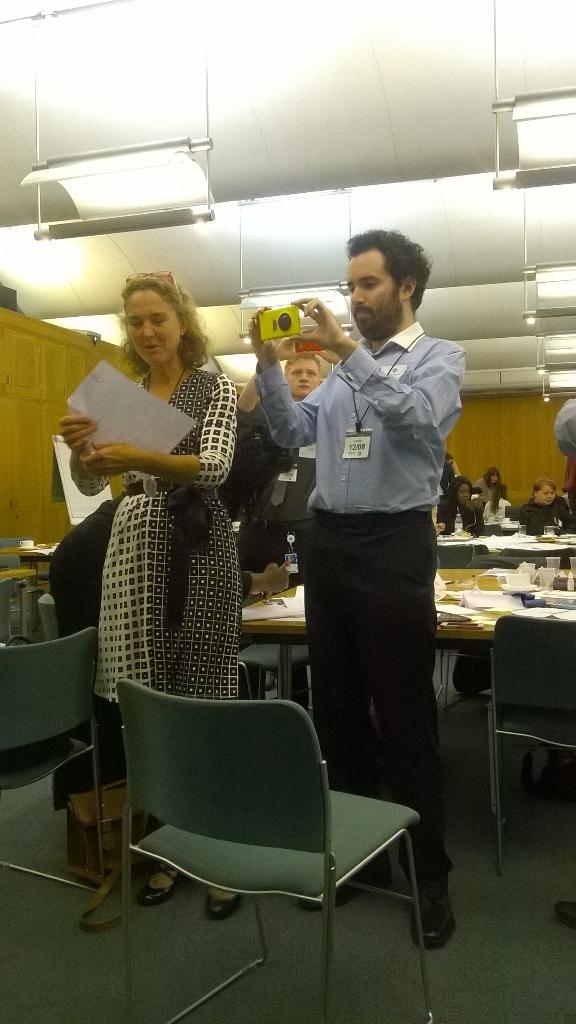How digital democracy – and the digital divide – could shape the future of UK politics
 Technology has the potential to transform parliamentary democracy in the UK. But what will that transformation look like? To find out, Microsoft partnered with Model Westminster and the Parliamentary Outreach Service on an event introducing young people to the policy making process. It was an amazing opportunity to hear first-hand what our digital natives are thinking and feeling about the future of democracy – and an eye-opening look at the challenges ahead.
Technology has the potential to transform parliamentary democracy in the UK. But what will that transformation look like? To find out, Microsoft partnered with Model Westminster and the Parliamentary Outreach Service on an event introducing young people to the policy making process. It was an amazing opportunity to hear first-hand what our digital natives are thinking and feeling about the future of democracy – and an eye-opening look at the challenges ahead.
The attendees – about 70 people between the ages of 15 and 25 – defined ‘digital democracy’ as using technology to make it easy and appealing for individuals to get involved in the democratic process. Accountability, ease of access and transparency were recurring themes throughout the day. Students said they wanted government provide more access to elected officials through channels such as Skype and social media, as well as greater online access to information about where their tax is being spent. "The event was a fine example of what can be achieved when organisations from the public, private and voluntary sector work together to enable our students to have a direct say on issues of democracy in the UK,” said Ayath Ullah, Chief Operating Officer of Model Westminster.
Of course, the democratic process is not going to change overnight. Government practices are steeped in tradition and often slow to change. Technology, however, does change overnight – and so it offers a unique lever for a generation of digital natives to increase the responsiveness and accountability of our democracy.
But before technology can empower government, we need to make sure access to that technology is truly democratic. Incredibly, some 6.4 million Brits over the age of 15 still don’t use the Internet, with a further 9.5 million only having basic digital skills. And with 90% of jobs requiring digital skills by 2015, it’s not just a question about how we create digital democracy, but it’s also about addressing the digital divide.
Microsoft is taking a holistic approach to the issue. With a dedicated UK public sector team, we work with a number of major government departments to help them use technology to empower their people to be more effective in their work. But we’re also addressing the digital skills gap by partnering Get Online @ Home, which provides free PCs to people signing up for broadband service.
Our responsibility is to ensure technology is available to all, and continues to help people engage in the things that matter to them. And for the group of exceptional young people involved with Model Westminster, many of whom will be future civil servants and politicians, digital democracy matters.